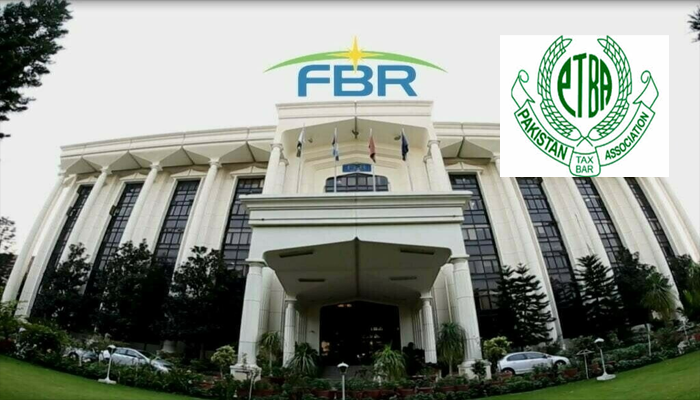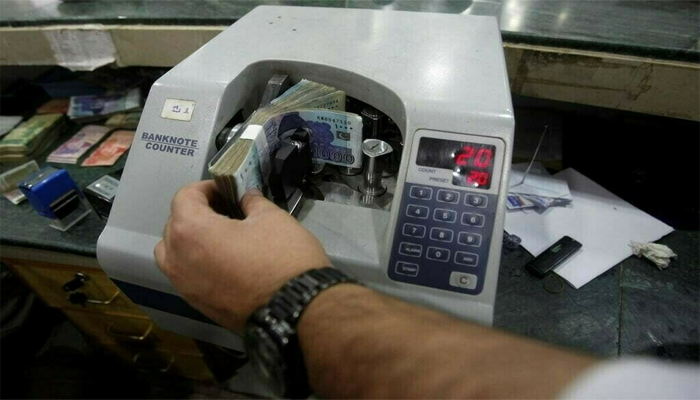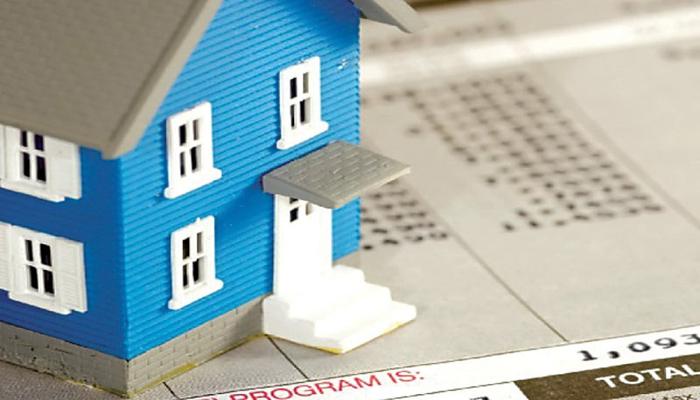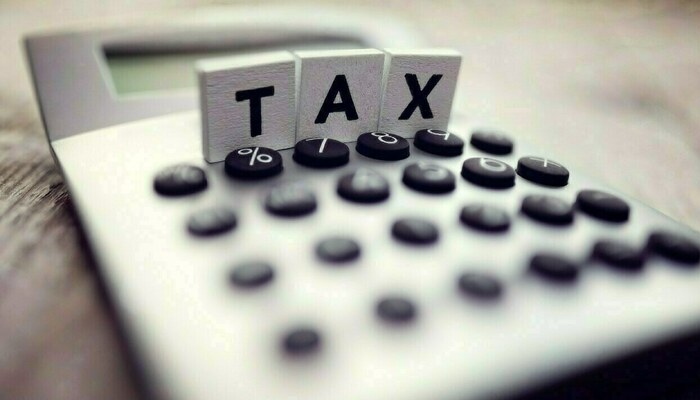Non-residents in Spain can now pay their tax debts by direct debit from a foreign bank account in the SEPA Zone. This new option makes it easier and more convenient for non-residents to comply with their tax obligations in Spain.
In April 2023, the Spanish government approved a new order that allows taxpayers to pay their tax debts by direct debit from any bank account in the SEPA. This is a significant change, as it previously was only possible to pay tax debts by direct debit from a bank account in Spain.
The new order is designed to make it easier and more convenient for non-resident taxpayers to pay their Spanish taxes. Non-resident taxpayers often have to pay taxes on income from sources in Spain, such as property income or rental income. However, they may not have a bank account in Spain, or their bank account may not be with a collaborating credit entity.
Under the new order, non-resident taxpayers can now pay their tax debts by direct debit from any bank account in the SEPA, regardless of their nationality or tax residence. To do this, they simply need to submit their self-assessment or application for deferment and instalments electronically through the Electronic Office of the State Tax Administration Agency, designating the bank account held by the taxpayer and choosing the collaborating entity responsible for managing the direct debit.
The collaborating credit entity will collect the amount of the debt paid by direct debit plus the commissions and other bank charges imposed by the latter. The date on which the debit is made shall generally be regarded as the date of payment for the purposes of discharging the tax debt for the taxpayer.
The new order will apply to direct debits of the deferral and payment in instalments of tax debts with the Spanish Tax Authority that are applied for from 1 July 2023; and to direct debits for State tax returns and self-assessments that are filed from 1 February 2024. However, in the latter, self-assessments filed between 1 July 2023 and 31 January 2024 may be paid by direct debit through an account opened with an entity in the SEPA Zone, if at the same time deferral and payment by instalment of the tax debt is applied for.
Benefits of paying tax debts by direct debit
There are several benefits to paying tax debts by direct debit, including:
- Convenience: Direct debit is a convenient way to pay your taxes, as you don't have to worry about remembering to make a payment or missing a deadline.
- Peace of mind: Direct debit gives you peace of mind knowing that your taxes will be paid on time and in full.
- Accuracy: Direct debit eliminates the risk of making a mistake in your payment.
- Security: Direct debit is a secure way to pay your taxes, as your bank account details are protected.
How to set up direct debit for tax debts in Spain
To set up direct debit for tax debts in Spain, you will need to:
- Go to the Electronic Office of the State Tax Administration Agency website.
- Log in to your account.
- Click on the "Direct debit" tab.
- Click on the "New direct debit" button.
- Enter your bank account details.
- Select the collaborating credit entity responsible for managing the direct debit.
- Electronically sign the debit mandate.
Once you have completed these steps, your direct debit will be set up and your tax debts will be paid automatically from your bank account.
If you have any questions about setting up direct debit for tax debts in Spain, you can contact the Spanish Tax Administration Agency for assistance.









